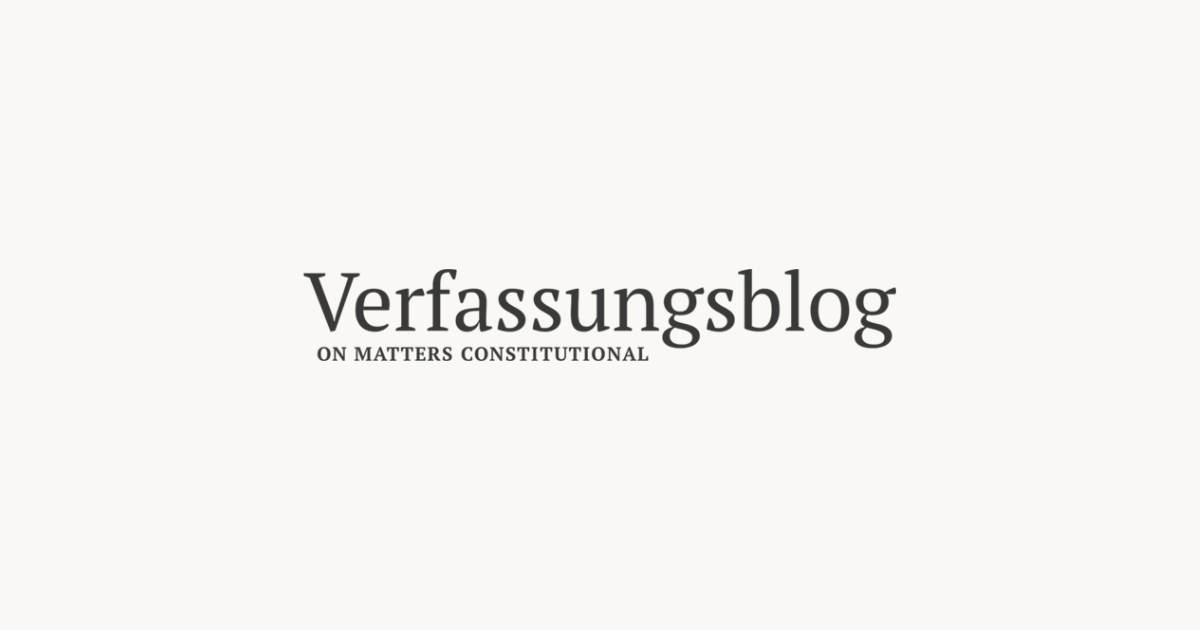I remember a guy about 3 years ago trying that grift with images. Went nowhere because the images it flagged as the "source" looked nothing like the generated images. In music, it might be more successful. Marvin Gaye's estate showed the way.
- Posts
- 152
- Comments
- 2038
- Joined
- 2 yr. ago
- Posts
- 152
- Comments
- 2038
- Joined
- 2 yr. ago
- JumpDeleted
Permanently Deleted
- JumpDeleted
Permanently Deleted
Political Memes @lemmy.world A Real Page Turner
Netzkultur / Netzpolitik @feddit.org Hass im Internet: Wohnungsdurchsuchungen nach Hasspostings über getöteten Polizisten
Netzkultur / Netzpolitik @feddit.org Diskussionspapier: Tech-Unternehmen sollen legalen Extremismus suchen
Science Memes @mander.xyz Bugger!
memes @lemmy.world Back Then We Had More Regulations
Technology @lemmy.world Visualizing Rectified Flows
Technology @lemmy.world Australia social media ban hits 4.7 million teen accounts in first month
Technology @lemmy.world Wikimedia UK and the Online Safety Act: A deep dive into the story so far
Programmer Humor @programming.dev Oh no! Linus doesn't know AI is useless!
Science Memes @mander.xyz Crude!
Technology @lemmy.world NetChoice Wins Permanent Block of Louisiana Age Verification Law, Protecting Free Speech and Parental Rights - NetChoice
Today I Learned @lemmy.world TIL Tonka Beans are illegal in the USA
Europe @feddit.org A coordinated EU approach to housing
memes @lemmy.world Just Kidding... Unless?
Political Memes @lemmy.world Ancient Lore
Netzkultur / Netzpolitik @feddit.org Eine allgemeine Verpflichtung zur Überwachung: Wie der EuGH das Haftungsregime der europäischen Plattformregulierung auf den Kopf stellt
Europe @feddit.org EU’s Top Court Just Made It Literally Impossible To Run A User-Generated Content Platform Legally
Technology @lemmy.world EU’s Top Court Just Made It Literally Impossible To Run A User-Generated Content Platform Legally
Netzkultur / Netzpolitik @feddit.org Haftung von Host Providern: EuGH gibt grünes Licht für Renate Künast
Technology @lemmy.world Authors Guild Asks Supreme Court to Hold Internet Providers Accountable for Copyright Theft










This is about GDPR. A German court recently made a similar judgment wrt TikTok, but that is being appealed.